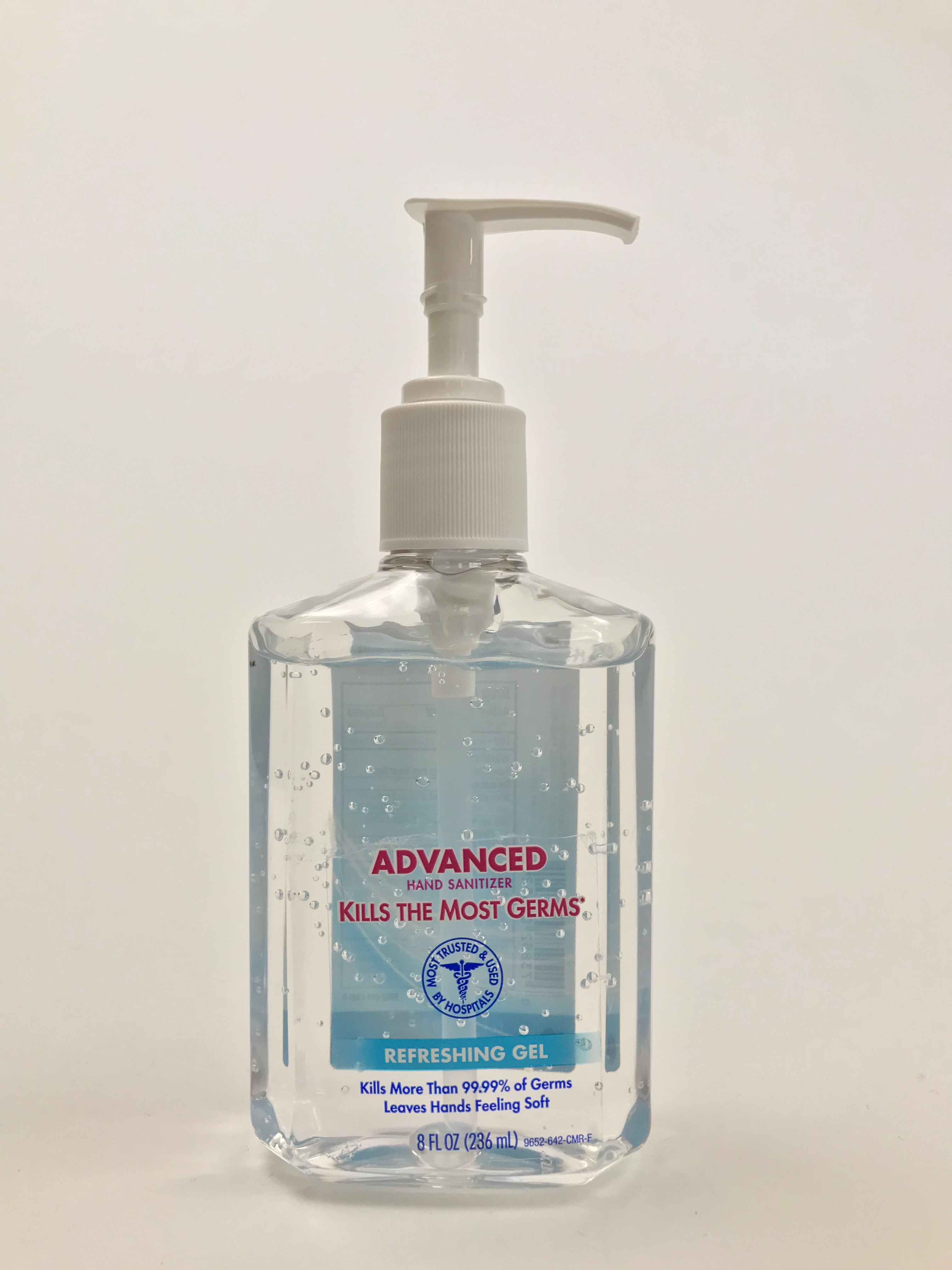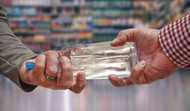Does Hand Sanitizer stop the spread of the COVID-19 Virus?
By on Mar 31st 2020
Does Hand Sanitizer stop
the spread of the COVID19 Virus?
Over the last couple weeks this has been a question around the dinner table. “Is the pain my hands are enduring really stopping the spread of the virus or are my hands completely dried out for no reason at all?” is a question on everyone’s mind. I have a daughter who works in a pharmacy and a wife who is a nurse and they didn’t have a good answer for me. A lot of people have started making their own homemade versions, but how do you know if they work? I have a bottle in my hand from CVS and it has 16 different ingredients in it; Isopropyl Alcohol, Glycerin Aminomethyl Propanol, Myristate… just to name a few. How do you know which product or ingredient actually does the job? |

|
|
The U.S. Department of Health and Human Services, Food and Drug Administration and Center for Drug Evaluation and Research just gave it a definitive YES! Not only are they saying it works, but they are easing regulations on who can produce hand sanitizer in order to get more into the “hands” of the public. They just published the Temporary Policy for Preparation of Certain Alcohol-Based Hand Sanitizer Products During the Public Health Emergency (COVID-19) Guidance for Industry. It states if you’re not a licensed or registered drug manufacturer of hand sanitizer, firms can register as over-the-counter (OTC) drug manufacturers to prepare alcohol-based hand sanitizers under the circumstances described in this guidance for the duration of the public health emergency. The key to this new regulation is to use the exact same recipe the World Health Organization (WHO) recommends. 1. Alcohol (ethanol) (80%, volume/volume (v/v) in an aqueous solution or Isopropyl Alcohol (75%, v/v) in an aqueous solution 2. Glycerin (glycerol) (1.45% v/v) 3. Hydrogen peroxide (0.125% v/v) 4. Sterile distilled water or boiled cold water This regulation does not allow for other active or inactive ingredients, such as perfumes, dyes, or flavors. This eliminates the risk of accidental ingestion. Also, different and/or additional ingredients may impact the quality and potency of the product. So, I guess this is good and bad news. It sounds like we will get a lot more Hand Sanitizer available to protect the population. But surely, hands across the country will be crying out for more lotion. If you are a firm that is interested in producing FDA Approved Hand Sanitizer, click on: This contains all the information you need to manufacture, register and label Hand Sanitizer. |






